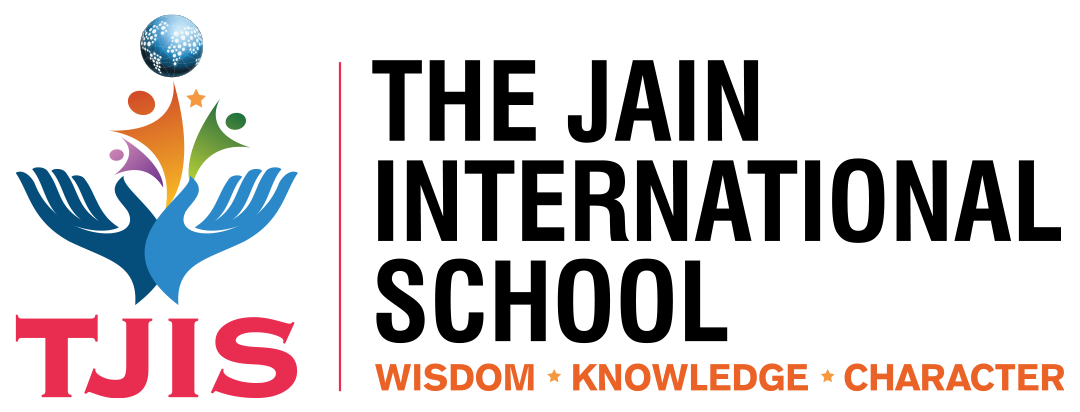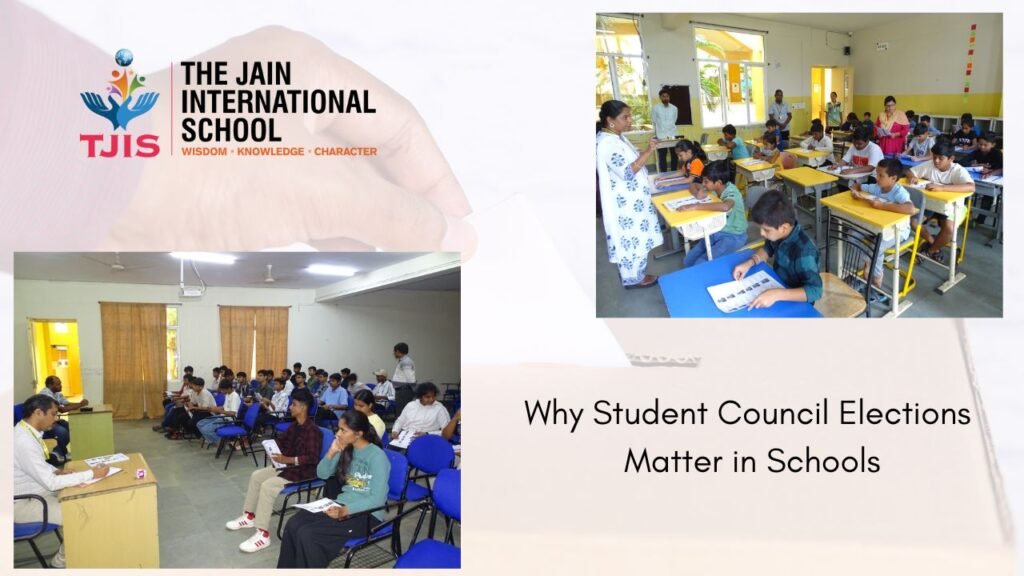Why Student Council Elections Matter in Schools
In a world where leadership and civic responsibility are more important than ever, student council elections serve as a powerful tool to instill the values of democracy in young minds. Though they may happen within school walls, the impact of these elections can extend far beyond classrooms and corridors.
Student council elections provide students a real-world experience of democratic processes, encouraging them to think critically, lead responsibly, and participate actively in shaping their school environment. Let’s explore why these elections matter and the valuable life lessons they offer.
1. Understanding the Democratic Process
The most obvious benefit of student council elections is the introduction of democratic principles at an early age. Students not only learn how voting works but also gain insights into nomination procedures, campaigning, debates, and ballot casting.
This firsthand experience helps them appreciate the importance of free and fair elections, voting rights, and peaceful transitions of power. In today’s polarized world, understanding democracy from a young age is vital to creating engaged and informed future citizens
2. Developing Critical Thinking and Decision-Making
During the election process, students are encouraged to evaluate candidates based on their manifestos, speeches, and campaign ethics. This fosters critical thinking, decision-making, and independent judgment.
Voters learn how to differentiate between promises and practical goals, while candidates are expected to propose realistic plans and defend their viewpoints. This intellectual engagement promotes deeper thought about leadership, problem-solving, and responsibility.
3. Enhancing Communication and Leadership Skills
Running for a student council position is an excellent way for students to build communication and leadership skills. Candidates prepare speeches, create campaign posters, and often engage with fellow students to share their vision.
This not only boosts their public speaking confidence but also enhances their ability to persuade, negotiate, and empathize with their peers. Whether elected or not, participants walk away with valuable soft skills that benefit them in academics, careers, and life.
4. Encouraging Teamwork and Collaboration
Student councils typically involve teams working together on school events, community service, or student welfare initiatives. Through elections and subsequent council work, students learn how to collaborate with others, delegate responsibilities, and resolve conflicts.
These experiences simulate real-world leadership environments and prepare students to function as part of professional teams in the future.
5. Instilling a Sense of Responsibility
Winning an election comes with responsibilities, not privileges. Student leaders are expected to represent their peers, voice concerns, and take initiative in improving the school environment. This creates a strong sense of accountability and ownership.
Students quickly learn that leadership is about service, integrity, and impact—not just popularity or power.
6. Promoting Civic Values and Social Awareness
Participating in elections teaches students that they are part of a larger community and that their voices matter. Many student council campaigns focus on issues like cleanliness, inclusivity, mental health, or sustainability, which broaden students’ social awareness.
This helps develop empathetic, socially conscious individuals who are likely to contribute positively to society.
Final Thoughts
Student council elections are more than just a school activity—they’re a lesson in real-life democracy, leadership, and civic engagement. They nurture responsible citizens who understand the power of their voice and the importance of integrity, fairness, and collaboration.
In nurturing such values, schools are not only shaping better students but also better leaders for tomorrow. Whether your child is running for head boy, voting for a classmate, or watching the process unfold—they are learning the foundations of what makes a healthy, functioning society.

